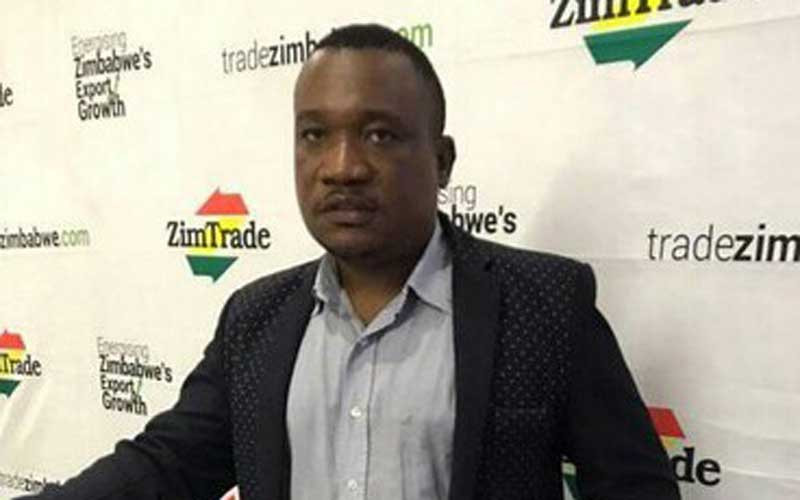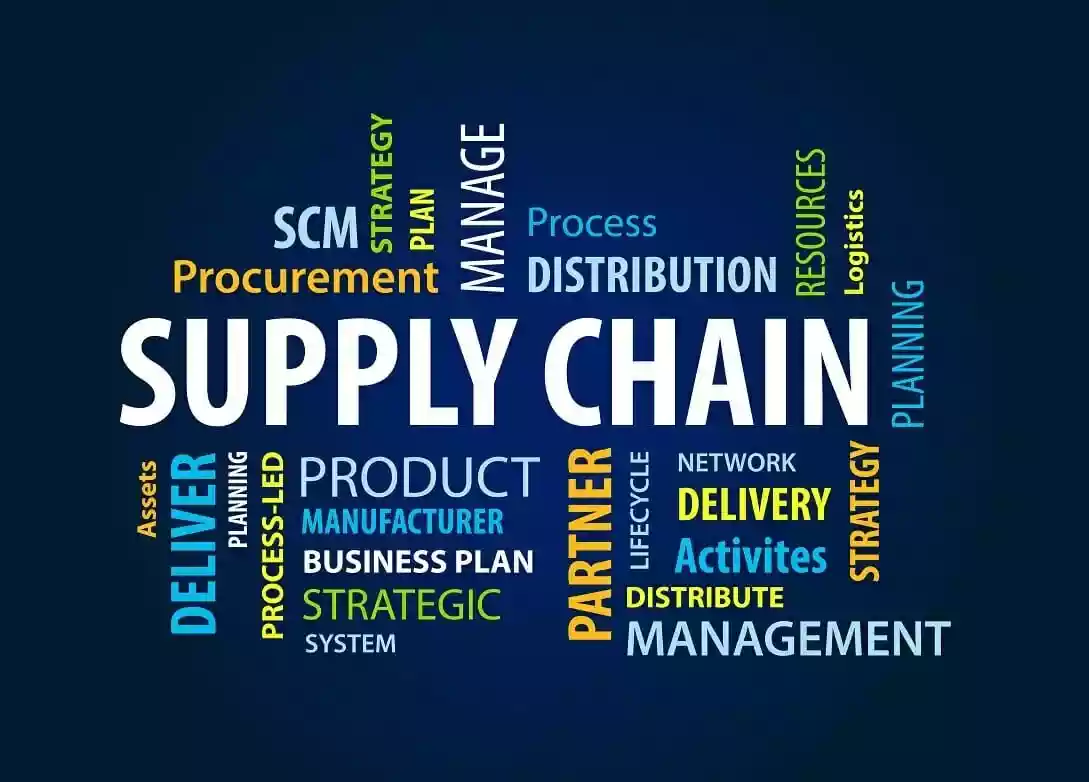
ONE of the cornerstone initiatives within the Africa Union (AU)'s Agenda 2063, "Silencing the Guns," has been designated as essential to boosting Africa's economic development.
Agenda 2063 is the AU's 50-year master plan for attaining equitable and sustainable socioeconomic development.
As part of the May 2013 Solemn Declaration commemorating the 50th anniversary of the AU and its predecessor, the Organisation of African Unity, the AU leaders of state and government accepted the programme for "silence of the guns by 2030".
The AU states expressed their "determination to achieve the goal of a conflict-free Africa, to make peace a reality for all our people, and to rid the continent of wars, civil conflicts, human rights violations, humanitarian disasters, and violent conflicts, as well as to prevent genocide, according to the declaration.
"We pledge not to bequeath the burden of conflicts to the next generation of Africans," the declaration read, and undertake to end all wars in Africa by 2020".
During a November 2016 retreat in Lusaka, Zambia, the AU Peace and Security Council (PSC) endorsed an AU Master Roadmap of Practical Steps to Silence the Guns.
The AU assembly held an extraordinary session on "Silencing the Guns" on December 6, 2020, as the aspirational deadline for ending conflict in Africa drew near. The AU Master Roadmap's implementation was extended by the assembly at this session for an additional 10 years, from 2021 to 2030, with periodic reviews occurring every two years.
The annual September observance and conduct of Africa Amnesty Month for the surrender and collecting of illegal guns and light weapons was further extended by the AU Assembly until 2030.
- Silencing the guns by 2030
Keep Reading
Since 2017, an amnesty month has been held to urge civilians to voluntarily turn in any illegal firearms they may have in exchange for anonymity and protection from legal action.
The AU appears to have a pattern of setting unrealistic deadlines and then failing to meet them. This has been demonstrated by initiatives such as the adoption of an African passport by 2018 and the AU's self-funding through an import levy by 2017.
‘Silence the Guns by 2020' is a major programme of the African Union's Agenda 2063. Clearly, the year 2020 has passed without Africa having achieved its aim of being conflict-free. As a result, the deadline was pushed back to 2030.
Given the continent's current state of insecurity, cynics anticipate that goal will not be met. This includes the growth of terrorism and violent extremism, a return of coups in Niger, Burkina Faso, Mali, and Guinea, resource-related instability and conflict in regions such as the Great Lakes Region, and intra-state conflicts in South Sudan, Libya, Ethiopia, and Cameroon.
Climate change, terrorism, coups, and the continent's history all pose challenges to this decade's goal of gun control in Africa.
This is the message delivered to the UN Security Council by the head of the African Union initiative on March 30.
"The subject of this critical debate is timely. It comes at a time when Africa is facing a slew of obstacles that threaten to derail the lofty goal of gun control even by the new deadline of 2030,” African Union High Representative for the Silencing the Guns Initiative Mohamed Ibn Chambas said.
“These difficulties have historical, institutional, constitutional, economic, social, and cultural roots. They also have to do with the effects of climate change."
Tackling the numerous fundamental causes of Africa's many wars by 2030 will be difficult, if not impossible, given the context of Covid-19 and the resulting global economic slowdown.
The AU is also constrained by the sovereignties of its member nations. It can only do so much to nudge its members in the right way - but its hands are ultimately tied. This is unlikely to alter before 2030.
To avoid disappointment, the AU Commission must strive toward a stronger definition of"gun control" in the context of Agenda 2063 aims and precise milestones that must be met between now and 2030.
The danger of relying too heavily on frameworks, paperwork, and committees is that ordinary folks will expect tangible outcomes.
Short of any explanations, Africans want to see a more peaceful and affluent continent by the end of the decade. This certainly exceeds the scope of what the AU and its organs and institutions can deliver unless a new approach to peace and security management is embraced.
During an AU summit, Mozambique's president, Filipe Nyusi, stated that the global terrorism threat remains critical.
"Africans want peace on our continent. Our leaders have an added responsibility because they have the obligation to mobilise all sensitivities and secure the necessary means and resources at their disposal to expedite the end of gun violence once and for all," Nyusi stated.
A stable and peaceful Africa is the only way to ensure the region's and the continent's growth. All member countries should embrace the vision of a peaceful and prosperous continent that contributes to a just and equitable world.
Conflicts in Africa are one of the most significant hurdles to the continent's complete development. The usage of firearms is to blame for the terrible killings of innocent people across the continent. According to Oxfam International's "The Human Cost of Uncontrolled Arms in Africa”, there are an estimated 100 million uncontrolled small guns and light weapons in African crisis zones.
According to Assatou Hayatou, Operations Manager for the African Union's "Silencing the Guns" campaign, the AK-47 assault rifle is one of the most lethal killing weapons in Africa.
The UN General Assembly adopted the worldwide tracing tool for small arms and light weapons in 2005.
If fully implemented, the instrument will allow countries to quickly and reliably detect and trace illicit armaments. Once operational, the monitoring and evaluation system will document the instrument's implementation. It is difficult to assess how countries fared without the framework.
However, it is clear that the security and management of national stockpiles of weaponry and ammunition continue to be a serious concern throughout East Africa, West Africa, and the Sahel, as well as Southern and Central Africa.
Denhere is a freelance Journalist — [email protected] WhatsApp +263773894975.











